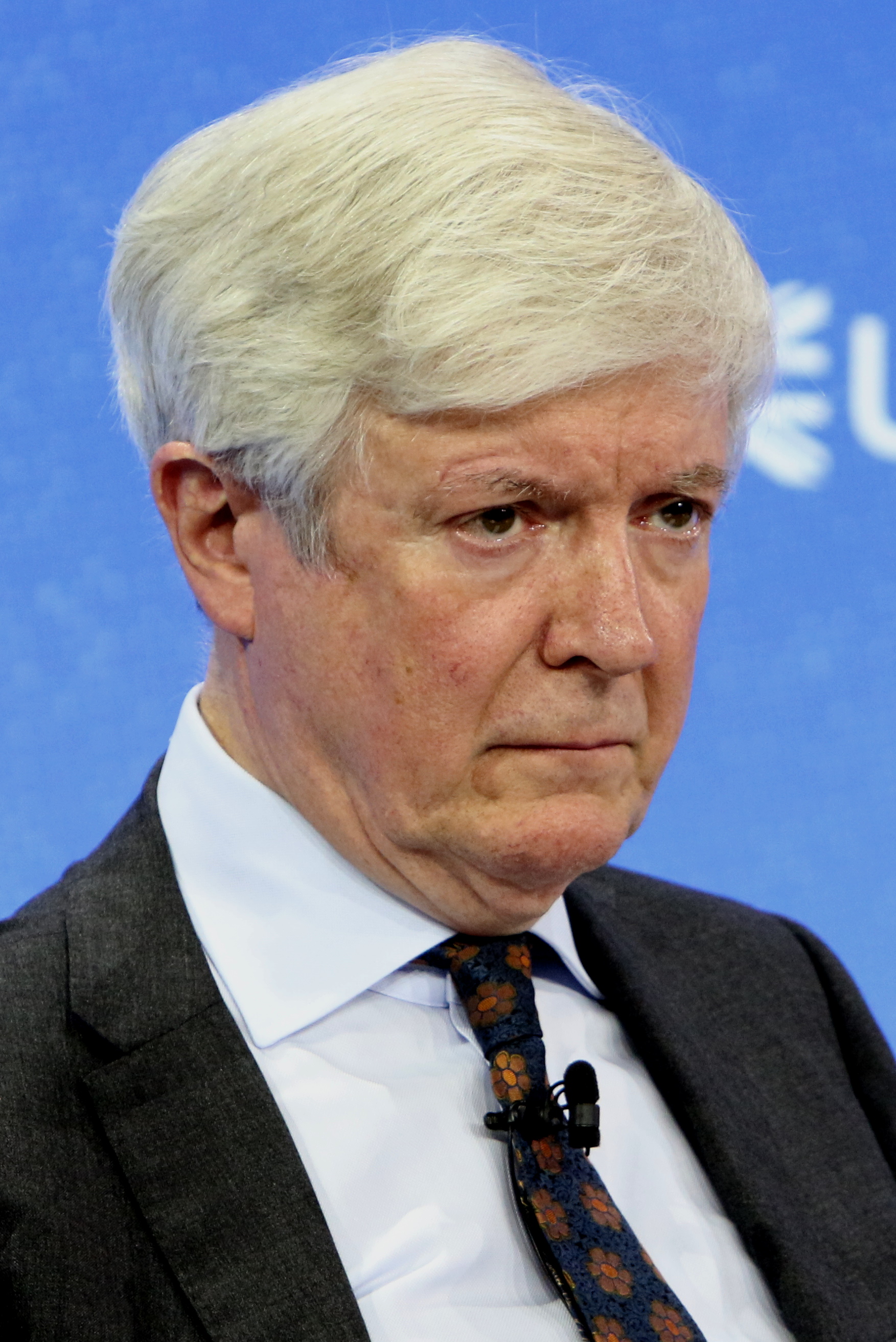BBC director- general Tony Hall is stepping down, apparently brought down by a women’s revolution over equal pay led by senior journalists such as Carrie Gracie, Samira Ahmed and Sarah Montague.
Most media employers in the UK generally find ways of firing people they regard as “troublemakers” but in the case of the BBC so many women have joined the rebellion that individuals could not be picked off one by one.
Instead, backed by the courts, the individual backdated settlements are now running into hundreds of thousands of pounds, with Ahmed claiming £700,000 and Montague confirming she has settled for £400,000.
It is estimated 120 women are in the queue.
It is not that the women were being badly paid. As China editor, Gracie was getting £134,000 — five times the salary of a nurse. But she resigned after discovering the BBC’s north America editor, Jon Sopel, was in £200,000-£250,000 range.
Montague’s colleague, John Humphrys, was in the £600,000-£649,000 band.
After the BBC caved in, Gracie rubbed management’s nose in the dirt by donating her back pay to the Fawcett Society, a charity that campaigns for gender equality, to set up a fund for women who need legal advice on equal pay claims and to support its strategic legal work.
“For me, this was always about the principle, rather than the money,” she said.
The BBC, a public service broadcaster, is at the heart of British life, so Hall’s departure can be compared to the resignation of, say, the Prime Minister.
On Monday, BBC journalists were in the tricky position of having to report that that the boss had had enough and was quitting.
Of course, the BBC’s (Calcutta-born) media editor, Amol Rajan, put it a little more diplomatically: “Tony Hall has been an effective director general of the BBC, while probably having a tougher job than any of his predecessors.
“He joined at a time of enormous crisis and difficulty,” said Rajan, pointing out that “the BBC has received new levels of scrutiny over pay, following the demand from government that they publish many more salaries”.
The BBC has been attacked over alleged political bias by the Tories in the run up to the general election, and also for scrapping free TV licences for viewers aged over 75.
As for the next director general, “the question of who gets it will depend on where the BBC Board and its chairman, Sir David Clementi, want to place their emphasis,” commented Rajan.
“Someone with commercial nous, or someone who can charm Boris Johnson and Dominic Cummings?
“Someone with a track record at managing talent or someone who can make a brave, correct call on a Panorama investigation? The perfect candidate will be able to do all this — and therefore doesn’t exist.”
Hall, 68, who is a “crossbench” member of the House of Lords and previously chief executive of the Royal Opera House in Covent
Garden, told all BBC staff in an email that after seven years at the top, he will be gone by the summer.
He praised the values of the BBC, saying it must “champion the nation’s creativity at home and abroad, and help play its part in bringing the UK together.
“In an era of fake news, we remain the gold standard of impartiality and truth. What the BBC is, and what it stands for, is precious for this country. We ignore that at our peril.”
At a personal level, he admitted: “It’s been such a hard decision for me. I love the BBC. I’m passionate about our values and the role we have in our country — and what we do globally too.
“If I followed my heart I would genuinely never want to leave. However, I believe that an important part of leadership is putting the interests of the organisation first. The BBC has an eleven-year Charter — our mission is secure until 2027…..But we also have a mid-term review process for the spring of 2022. As I said last week, we have to develop our ideas for both. And it must be right that the BBC has one person to lead it through both stages.”
Culture secretary Nicky Morgan thanked Hall for his service, saying he had made “a huge contribution to public service broadcasting in his career”.
“In this ever changing broadcast landscape the next DG will need to build on Lord Hall’s success,” she wrote on Twitter.











